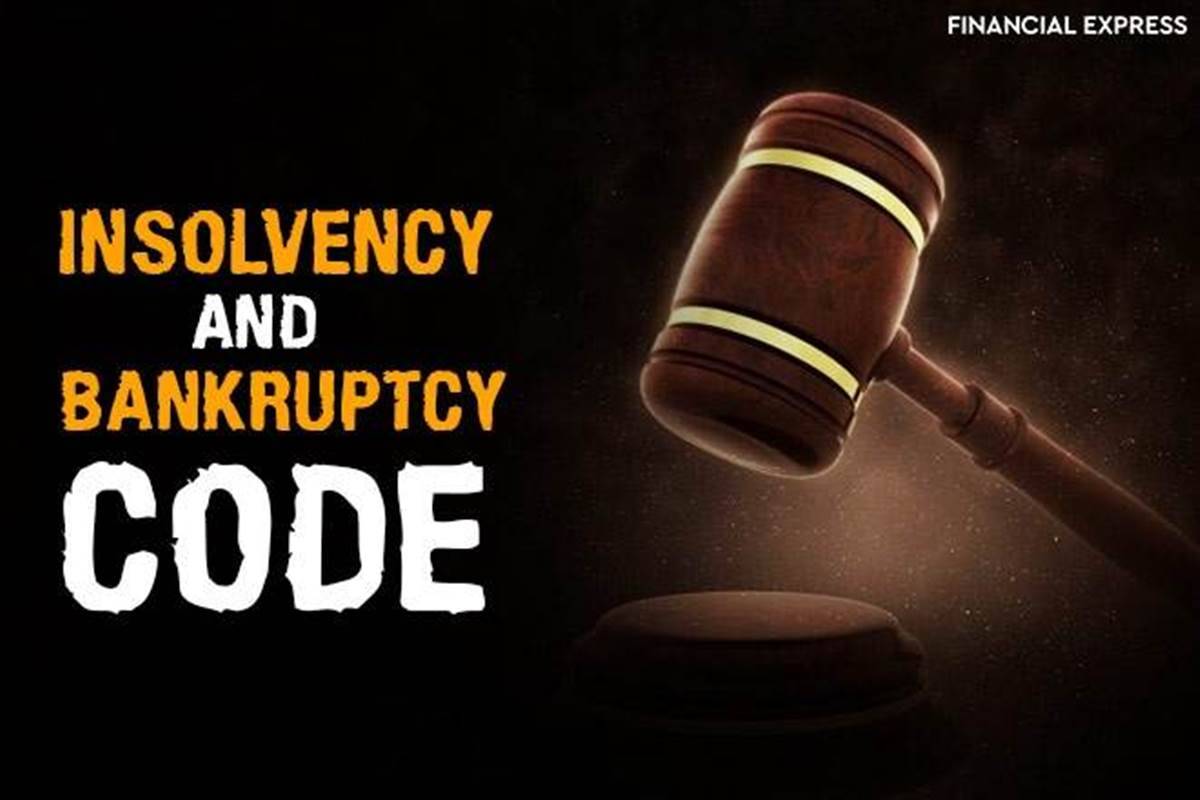
The pre-pack framework for stressed assets under the insolvency law is a “liquidation-remote resolution mechanism” and will also help in avoiding protracted legal battles as there will already be a broad understanding among stakeholders concerned, according to IBBI chief M S Sahoo. To help stressed MSMEs (Micro, Small and Medium Enterprises), the government has come up with the pre-packaged resolution mechanism for such entities under the Insolvency and Bankruptcy Code (IBC). The provision has been introduced by way of an ordinance amending the IBC.
The country’s insolvency law’s main feature is creditor-in-control, where creditors have unfettered rights to decide on the future course of a stressed company.
“In corporate insolvency resolution process, if no resolution plan is received or approved, the company proceeds to liquidation. In pre-pack, the process will close if there is no resolution plan but it will not go into liquidation. In a sense, pre-pack is a liquidation-remote resolution mechanism,” Sahoo told PTI. He is the Chairperson of the Insolvency and Bankruptcy Board of India (IBBI), a key institution in implementing the IBC.
In the pre-pack mechanism, the stakeholders approach the NCLT (National Company Law Tribunal) for admission after preparing a base resolution plan. Therefore, the time required for completion of the resolution process after commencement is much less, he noted. For now, the pre-pack mechanism will be available for MSMEs. Such entities have been significantly impacted by the coronavirus pandemic.
“Pre-pack is like pre-cooked food, you bring it to the venue, heat it and eat it… Many of the tasks are accomplished beforehand and these acquire sanctity on commencement of the formal process,” the IBBI chief said. He said that since there is a broad understanding among the stakeholders on what they wish to achieve through the process, it is unlikely to be heavily contested before the NCLT, and “there will be no protracted legal battles”.
Presenting the Union Budget for 2021-22, Finance Minister Nirmala Sitharaman, in February, said that to ensure faster resolution of cases, the NCLT framework will be strengthened, e-courts system shall be implemented and alternate methods of debt resolution and special framework for MSMEs shall be introduced. Sahoo said that within the creditor-in-control model, there can be a few variants of possession. One is the resolution professional-in-possession of the company as in the corporate insolvency resolution process, where the current management is divested of control.
Another is debtor-in-possession, which pre-packaged insolvency resolution process envisages, where the company remains in the possession of the existing promoters during the resolution process. Pre-pack has some flexibility, but within the discipline of the IBC, he added. The ordinance to introduce pre-pack was promulgated on April 4, less than two weeks after the suspension of certain IBC provisions ended.
The suspension — wherein fresh insolvency proceedings were not allowed for a year starting from March 25, 2020 — was implemented amid the pandemic disrupting economic activities. IBC provides for a time-bound and market-linked process for the resolution of stress.